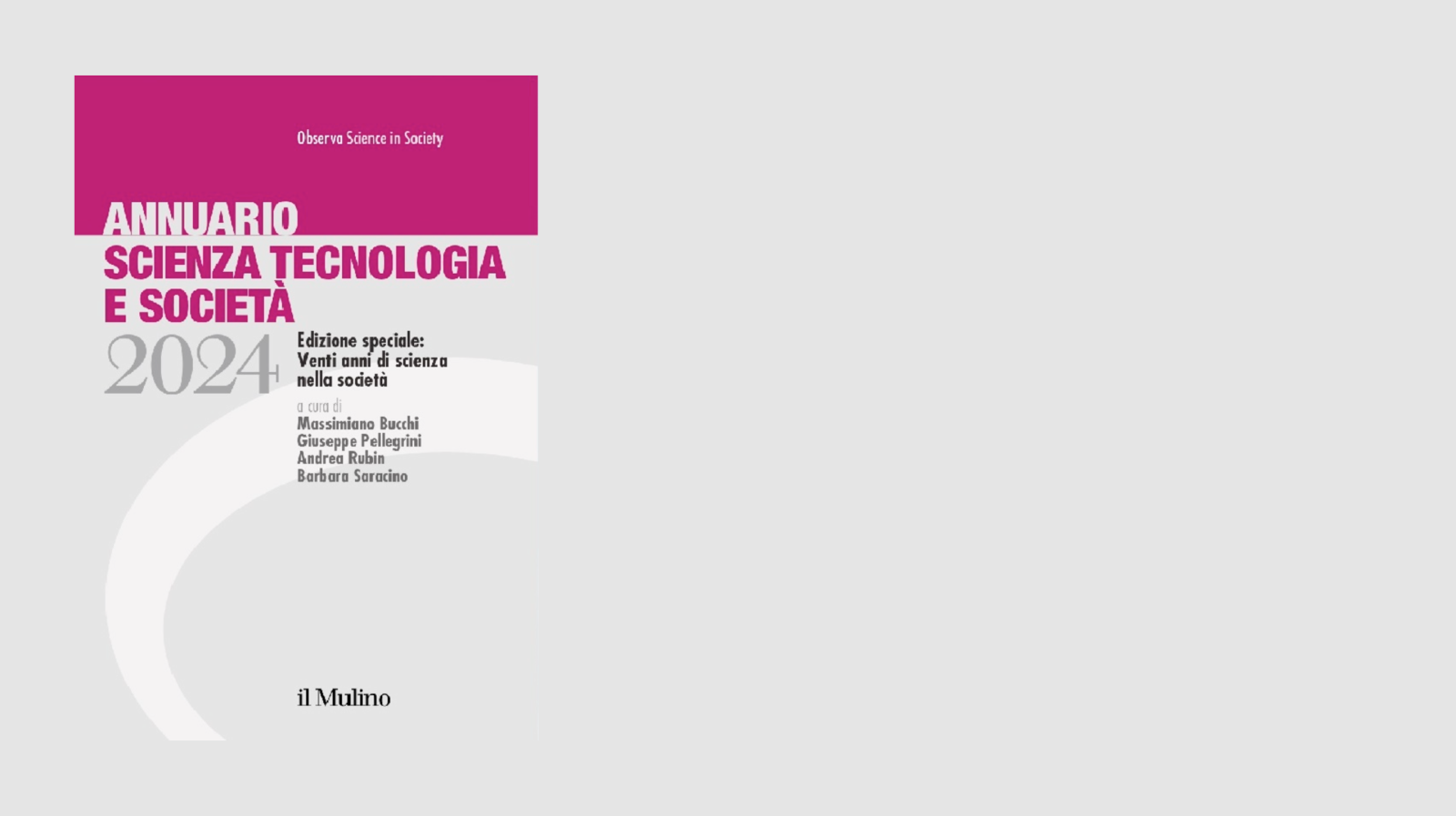Droughts, floods, heat waves, hurricanes. Extreme weather events that have gone hand in hand with the history of mankind, but that are showing rapidly increasing intensity, frequency and variability. Among scientists the hypothesis (for many, a certainty) is gaining ground that the exceptional drought and other anomalous atmospheric events occurred in the last few years are the result of anthropogenic warming. Even the latest report of the American Meteorological Society, following the total lack of rain that hit the Midwest of the United States in the summer, speaks of "unmistakable warming", and identifies the root causes in human activities, in particular the use of fossil fuels and deforestation. An interesting reflection on issues related to climate change was offered by Mario J. Molina, in a speech at the 224th National Conference of the American Chemical Society, held in August in Philadelphia.
According to the Mexican scientist, Nobel Prize for Chemistry in 1995, extreme events such as droughts, heat waves, heavy rainfall and hurricanes can be used to make the public more aware of what "climate change" means and why urgent action is needed.
"People may not be aware of the important discoveries in the field of extreme weather events that fill the headlines." "They will be able to perceive it directly, not just hear about it. They will see the effects on the price of food, get an idea of what our daily life will be like in the future if we all, as a society, do not take action".
Molina advanced a solution based on international agreements, along the lines of the Montreal Protocol. Developed from the research of Molina himself and his colleagues Frank Sherwood Roland and Paul Crutzen on the effects of CFCs on the ozone layer in the atmosphere, the Montreal Protocol ratified the ban of CFCs in 1996. Even today it is considered one of the most effective international agreements on the environment. Unfortunately, Mario Molina recognizes the differences between the issue of the ozone hole and that of global warming, which have made the negotiations and the international regulation of the latter largely insufficient. Unlike the problem of ozone depletion, the climate change debate is highly politicized and polarized into irreconcilable positions. In ozone depletion, says the scientist, the substances responsible for it were few and involving the stakeholders to solve a specific problem was relatively easy: i.e. replacing CFCs, used as refrigerants and in the production of aerosols and sprays, with other substances not harmful to the ozone layer (the effects of which on the atmosphere, however, must be constantly monitored).
Climate change is a much more widespread and pervasive issue. "Fossil fuels, which are at the root of the problem, are of fundamental importance to the economy. Climate change and its causes are connected to a very wide range of human activities. This makes climate change a much harder problem to deal with than the ozone depletion was."
An effective international agreement is not the only effort required. Molina extends a special invitation to the scientific community. "Scientists and researchers should disseminate the results of research on climate change and devote themselves to develop alternative, accessible and affordable energy sources, in order to reduce dependence on fossil fuels".
Insight:
Report of the American Meteorological Society
Press Release of Mario Molina speech

